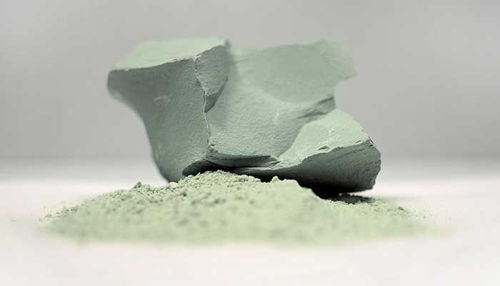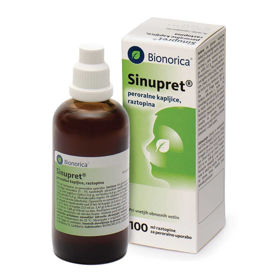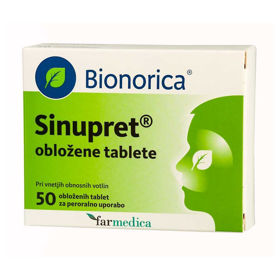A cold is an acute inflammation of the upper respiratory tract that affects everyone on average three times a year. It is characterized by inflammation of the nasal mucosa (rhinitis), which manifests itself as runny nose, swelling and decreased nasal passage.
In addition to infections with bacteria and viruses, it can also be caused by allergies, polyps and certain medications (eg nasal decongestants). Among the more common inflammations of the upper respiratory tract is also sinusitis or. inflammation of the paranasal sinuses. Compared to the common cold, this is a more unpleasant disease for the patient, because in addition to runny nose and poor nasal passage, he is also burdened by headaches and fever. Only a small proportion of sinusitis is bacterial, and most are caused by viruses.
Most upper respiratory infections are caused by viruses where antibiotics are not effective.
Bacterial inflammation of the upper respiratory tract is treated with antibiotics, and viral inflammation that predominates can only be treated symptomatically. An effective and safe herbal medicine, Sinupret, is available for both colds and sinusitis. This drug is indicated as a primary therapy in viral inflammation and in bacterial as a support to antibiotic therapy to improve the clinical course of the disease. Sinupret contains five herbal drugs (yellow feverfew root, primrose flower, knotweed herb, elderflower and sorrel flower) that act synergistically and have a secretolytic, anti-inflammatory, antiviral, antibacterial and immunomodulatory effect. The combination of these effects establishes ventilation and respiratory drainage, dilutes thick mucus, and improves mucociliary cleansing. Due to these effects, in a patient with upper respiratory inflammation:
• reduces pressure in the head,
• facilitates breathing through the nose,
• shortens treatment time,
• prevents the development of otitis media,
• reduces the consumption of antibiotics and nasal sprays.
A recent in vitro and in vivo study1 demonstrated one of the possible mechanisms of guest dilution
mucus and improve mucociliary cleansing. Sinupret was found to strongly activate the transport of chloride ions through the respiratory epithelium, resulting in increased salt phase hydration. The thick mucus is thus diluted and mucociliary cleansing is improved. Many well-designed clinical studies have been performed with Sinupret, as well as a meta-analysis of randomized clinical studies. A clinical study was recently performed in Slovenia as well. Its aim was to evaluate the effectiveness and tolerability of Sinupret in children and adolescents between 2 and 14 years of age with acute or recurrent upper respiratory tract infections. 19 specialists in pediatrics and school medicine from all over Slovenia participated.
A clinical study in Slovenia showed that the amount of secretion decreased in 80.3% of patients.
The study showed excellent efficacy and safety of Sinupret. The majority of physicians (81.5%) and parents rated the efficacy of the drug as good. The safety of most doctors (95.5%) and parents (92.1%) was also assessed as good. Physicians also made a historical comparison (comparing this treatment with Sinupret to treatments in the past when the patient had the same disease but used a different medicine). 77.6% of doctors estimated that treatment with Sinupret was more successful than previous treatments.
A more detailed analysis of the individual parameters showed that Sinupret:
• reduces the amount of secretion (80.3% of patients had only a small amount of secretion after treatment or it disappeared completely),
• thins thick mucus (82.6% of patients had only a low density of secretion after treatment or it disappeared completely),
• facilitates breathing through the nose (90.5% of patients reported only mild obstruction or complete improvement).
Key findings of the study:
• Sinupret is an effective and safe medicine, suitable for taking for several weeks because it does not irritate the nasal mucosa;
• Sinupret establishes and maintains respiratory drainage and ventilation;
• It is important to start taking it at the first signs of a cold, sinusitis or obstruction of the paranasal sinuses, as this reduces the chance of developing later complications.
Sinupret is available in two pharmaceutical forms: oral drops (for adults and children from 2 years of age) and coated tablets (for adults and children from 6 years of age).










 Facebook
Facebook
 Instagram
Instagram
 info@moja-lekarna.com
info@moja-lekarna.com

